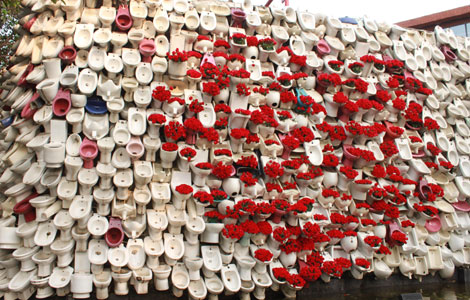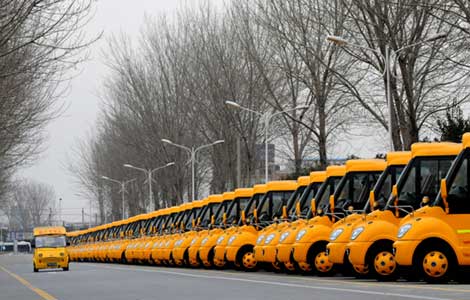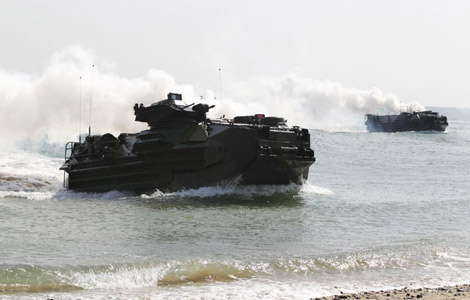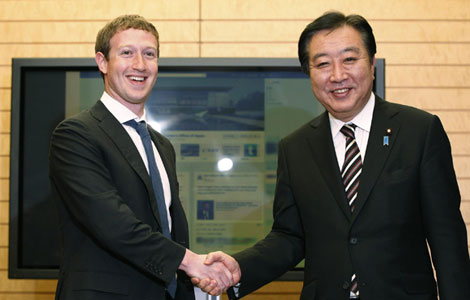 |
|
|
|
|||||||||||
Seoul -- The 2012 Seoul Nuclear Security Summit closed here on Tuesday, with the release of the 13-point Seoul Communiquè reiterating joint efforts towards nuclear security while backing IAEA's essential role in international cooperation.
Leaders from more than 50 nations and four international organizations agreed to stage joint efforts in the following aspects:
Global Nuclear Security Architecture
-- Adhere to international conventions, including the Convention on the Physical Protection of Nuclear Material (CPPM) and the International Convention for the Suppression of Acts of Nuclear Terrorism (ICSANT).
--Recognize the contributions since 2010 Summit of international initiatives and processes such as the Global Initiative to Combat Nuclear Terrorism (GICNT), Global Partnership against the Spread of Weapons and Materials of Mass Destruction.
Role of the IAEA
-- Reaffirm the essential responsibility and central role of the IAEA in strengthening the international nuclear security framework, and recognize the value of the IAEA Nuclear Security Plan 2010- 2013.
Nuclear Materials
-- Appropriately secure the highly enriched uranium (HEU) and separated plutonium.
-- Encourage states to take measures to minimize the use of HEU, including through the conversion of reactors from highly enriched to low enriched uranium (LEU) fuel, where technically and economically feasible.
Radioactive Sources
-- Urge states to secure radioactive, while bearing in mind their use in industrial, medical, agricultural and research applications.
Nuclear Security and Safety
-- Acknowledge that safety measures and security measures have in common the aim of protecting human life and health and the environment, and affirm that nuclear security and safety measures should be designed, implemented and managed in nuclear facilities in a coherent and synergistic manner.
Transportation Security
-- Continue efforts to enhance the security of nuclear and other radioactive materials while in domestic and international transport.
Combating Illicit Trafficking
-- Encourage action-oriented coordination among national capacities to combat illicit trafficking, consistent with national laws and regulations.
Nuclear Forensics
-- Encourage international cooperation between states and the IAEA to develop and enhance nuclear forensics capabilities.
Nuclear Security Culture
-- Encourage nuclear security culture and maintain robust communication and coordination of activities.
Information Security
-- Encourage states to develop and strengthen national and facility-level measures for the effective management of nuclear technology information.
International Cooperation
-- Encourage all states to enhance their physical protection and accounting system for nuclear materials, emergency preparedness and response capabilities and relevant legal and regulatory framework.

|

|

|

|

|

|